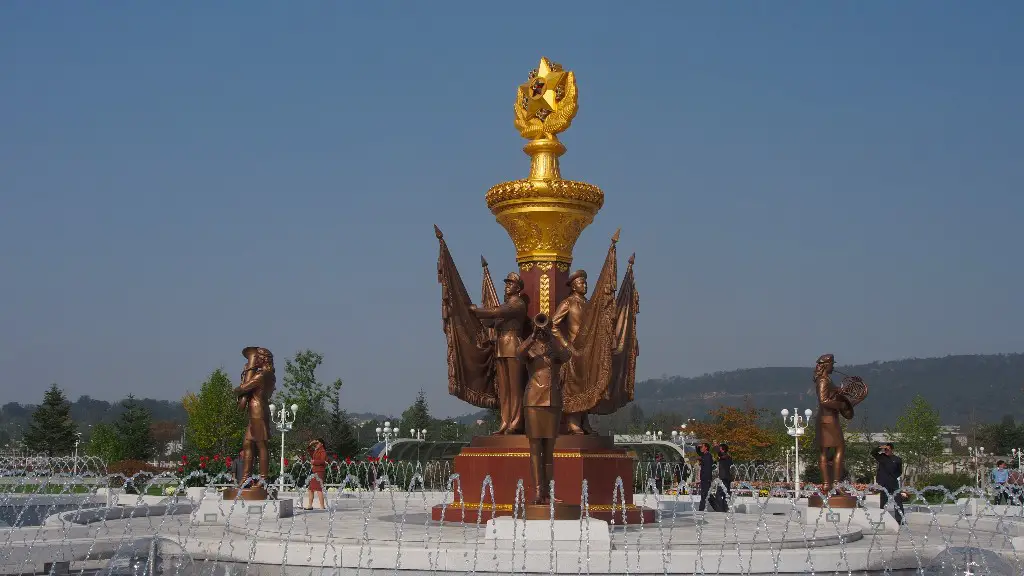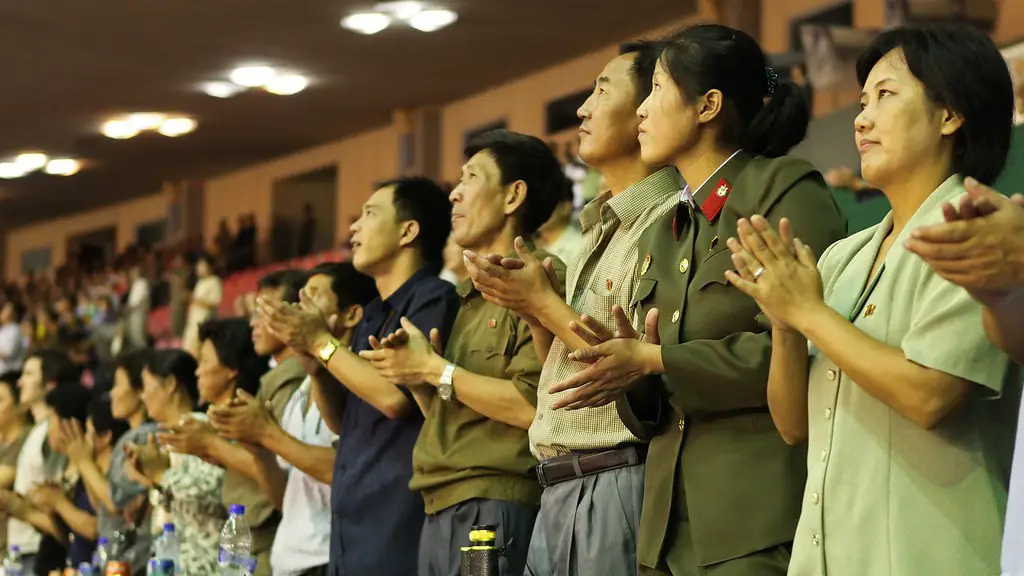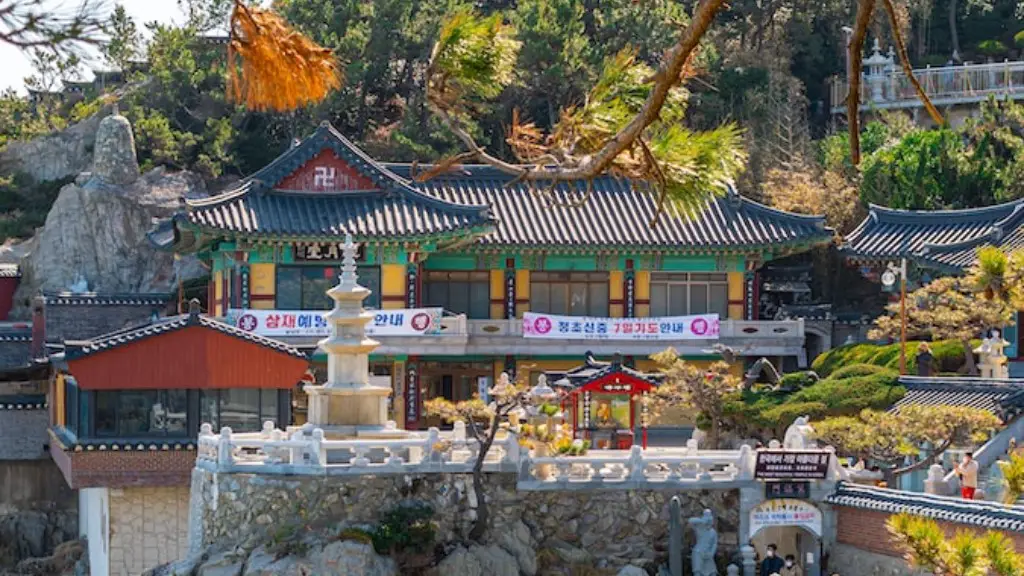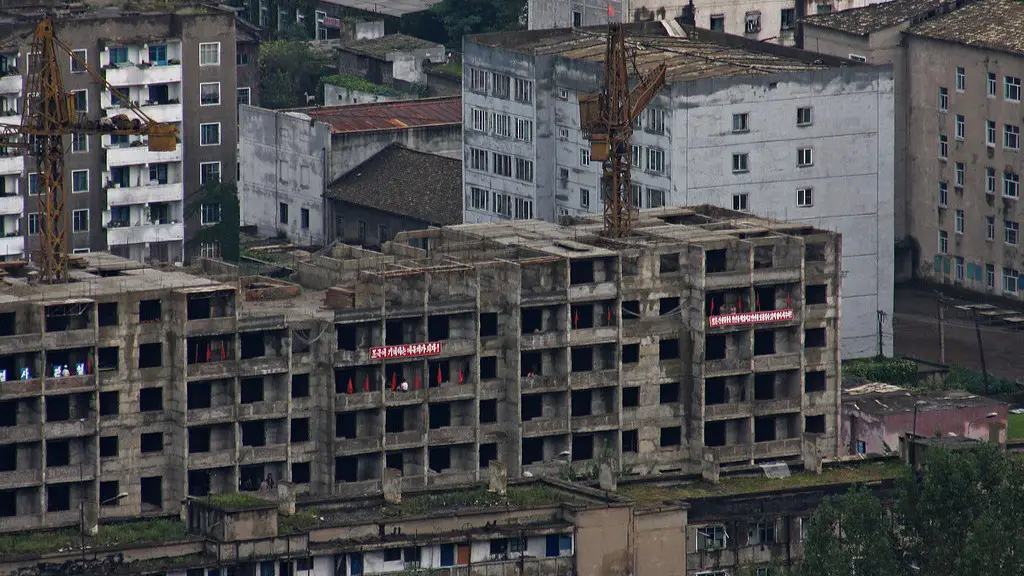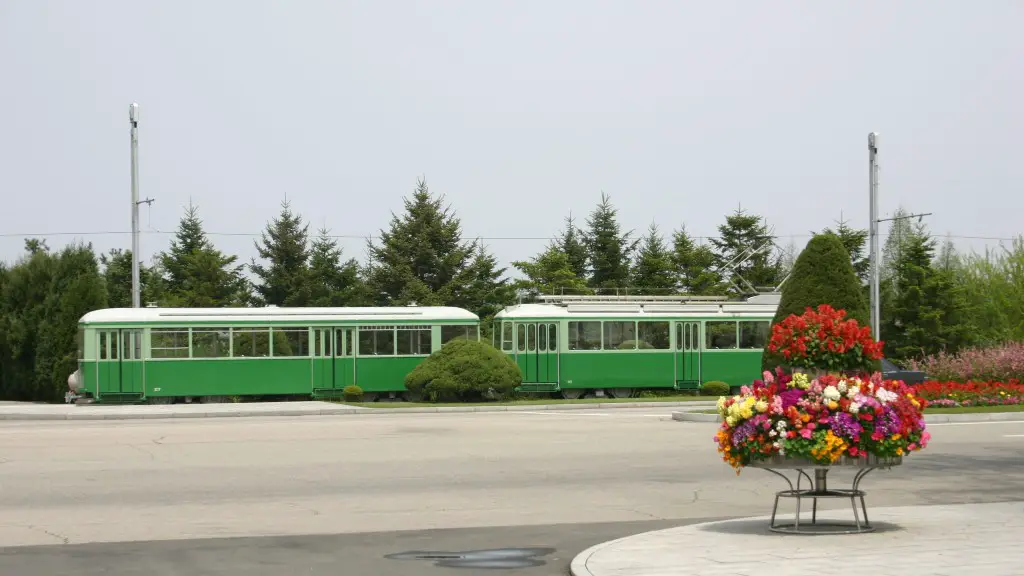Economic Realities
Nuclear weapons represent power, and North Korea seeks to extend its power over other nations. Since North Korea has been isolated from much of the industrial world for over 70 years, it is economically challenged. It is unable to compete with larger, industrialized countries, and it is constantly searching for ways to increase its power and influence. Nuclear weapons are seen as a way to gain power and status in the world.
Nuclear weapons would give North Korea the ability to threaten other countries without having to physically attack them. North Korea could demand concessions from more powerful countries, and if it possesses nuclear weapons, those countries would be more likely to comply. Such power is an attractive option for North Korea, which has few other means of gaining influence over the larger countries in the world.
North Korea’s current government has been in power since its founding in 1948, and it has been hostile to the outside world since then. The government sees nuclear weapons as a way to ensure that no other country can challenge its rule. A nuclear arsenal gives it the ability to respond to any form of aggression, even if it is only a perceived one. This would ensure that the government remains in power and that the citizens of North Korea remain under the control of the government.
The impoverished state of North Korea also means that it needs to find a way to remain militarily viable without spending too much money on conventional weapons. Nuclear weapons are seen as a way to maintain a military edge without spending huge amounts of money. Such weapons also represent a powerful deterrent to any potential adversary, as the country would be able to launch an attack with devastating consequences.
Security Implications
South Korea is North Korea’s neighbor, and the two countries have been in a state of war since the 1950s. South Korea is a major economic power, and it is militarily supported by the United States. North Korea sees this as a threat, and it seeks to counter it with nuclear weapons. Such weapons would allow it to defend itself in the face of any attack, and it would also give it leverage over South Korea in any potential negotiations.
China is also a major concern for the North Korean government. China is North Korea’s largest trading partner, and it is also its neighbor. North Korea is concerned about China’s growing power and influence, and it sees nuclear weapons as a way to counter this. By having a nuclear arsenal, North Korea could ensure that China does not try to interfere in its affairs and can also benefit from any concessions China may offer in order to avoid a conflict.
The United States is also a major player in East Asia, and North Korea is wary of its influence in the region. By having nuclear weapons, North Korea would be able to ensure that the United States does not attempt to overthrow the North Korean government or interfere in its internal affairs. A nuclear arsenal would also make it much harder for any other country to launch a military strike against North Korea.
Regional Reactions
The other countries in East Asia have reacted with concern to North Korea’s nuclear ambitions. South Korea and Japan are particularly concerned, as they are the countries closest to North Korea. They fear that North Korea could launch a nuclear attack against them in the event of a conflict.
China has also been wary of North Korea’s nuclear ambitions, as it does not wish to see a nuclear conflict in the region. China has sought to mediate between the two Koreas in order to prevent a nuclear conflict, and it has been encouraging North Korea to abandon its nuclear weapons program.
The United States has also taken a hard line on the issue. It has made it clear that it will not allow North Korea to develop a nuclear arsenal and has threatened sanctions and other measures if it does. This has served as a major deterrent to North Korea and has forced it to reconsider its stance on nuclear weapons.
International View
The international community has been strongly opposed to North Korea’s nuclear ambitions. The United Nations has passed several resolutions condemning the country’s nuclear program and demanding that it abandon it.
The United States and its allies have also been strongly opposed to North Korea’s nuclear weapons program. They have imposed strict economic sanctions on North Korea in an effort to bring it to the negotiating table.
The European Union has also been vocal in its opposition to North Korea’s nuclear ambitions. It has strongly condemned the country’s nuclear program and has encouraged it to abandon it. It has also threatened to impose further economic sanctions if North Korea does not comply.
Russia has been less vocal in its opposition to North Korea’s nuclear ambition, but it has made it clear that it does not support the development of nuclear weapons in the region. It has, however, strongly condemned the United States’ threats to use military force against North Korea.
China has taken a more pragmatic approach to North Korea’s nuclear ambitions. It has generally opposed the development of nuclear weapons but has also sought to engage in talks with North Korea in an effort to convince it to abandon its nuclear program.
Motivation
North Korea’s motivations for pursuing a nuclear weapons program are complex and vary depending on the situation. But it is widely believed that the country’s primary motivation is a desire to defend itself against possible aggression from its enemies.
The country is isolated and heavily sanctioned by the international community, and this has made it difficult for it to acquire conventional weapons. A nuclear arsenal would provide it with a powerful and cost-effective way to defend itself against its enemies.
North Korea also likely sees nuclear weapons as a means of gaining global recognition and respect. As a small and isolated country, it has little influence in the international community. A nuclear arsenal would give it global clout and would likely lead to more diplomatic and economic relationships with other countries.
Finally, North Korea may see nuclear weapons as a bargaining chip. The country could use its nuclear arsenal as leverage in negotiations with other countries. It could threaten to use the weapons in exchange for economic concessions or other forms of aid. This could be an attractive option for North Korea, as it could gain more in the long run than it spends on its nuclear weapons program.
Implications
Any further development and deployment of nuclear weapons by North Korea would have grave implications for the regional and international security environment. Such weapons would be a serious threat to the security of South Korea and Japan, as well as to the United States and its allies. The deployment of such weapons could lead to a regional arms race, as other countries in the region could seek to develop their own nuclear arsenals in response.
North Korea’s possession of nuclear weapons would also undermine global security and efforts to achieve nuclear non-proliferation. If North Korea continues to develop and deploy nuclear weapons, other countries may be tempted to follow suit. This could lead to a dangerous arms race and an increase in the number of countries with nuclear weapons.
The only way to prevent North Korea from developing and deploying nuclear weapons is through diplomacy. The international community must find a way to persuade North Korea to abandon its nuclear weapons program. The United Nations and its member states must work together to convince North Korea that the only way to ensure peace and stability in the region is to abandon its nuclear ambitions.
